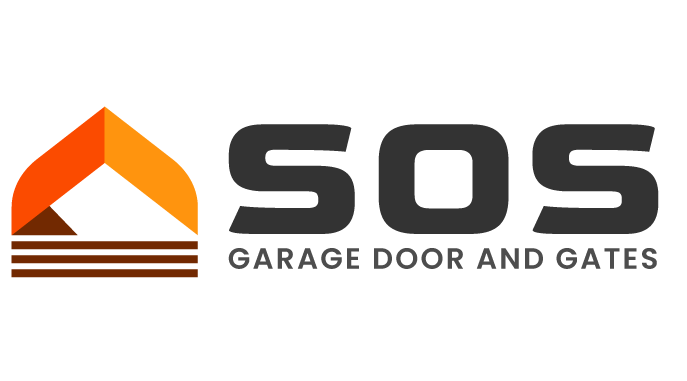
Electric gates are built for strength, security, and smooth performance—but even the toughest systems rely on small components to function properly. One of the most overlooked elements is the gate hinge. When hinges wear out, the entire system can suffer, leading to unexpected malfunctions and higher electric gate repair costs.
Why Hinges Matter in Your Gate System
Hinges are the pivot point of any swing gate, allowing it to open and close with controlled motion. In electric gate systems, hinges work hand-in-hand with the motor. If the hinges are damaged, misaligned, or rusted, the motor must work harder to move the gate—causing strain, overheating, or even burnout.
Example: A family in Sacramento noticed their electric gate was making loud grinding noises and moving slower over time. The problem? Rusted hinges were creating friction, forcing the motor to overcompensate. Once replaced, the gate returned to smooth operation.
How Worn Hinges Impact Electric Gate Repair
Hinge wear may seem minor, but it can create a domino effect across your gate system. Here are the most common issues that arise:
Increased motor strain – Worn or corroded hinges create resistance, overloading the gate motor and shortening its lifespan.
Gate misalignment – Loose or bent hinges may cause the gate to drag or shift out of place, preventing it from closing properly.
Unusual noises – Squeaking, creaking, or grinding sounds are often a red flag that hinge lubrication or replacement is needed.
Premature part failure – A stressed system is more prone to breaking other components, including arms, control boards, and sensors.
Quick Maintenance Tips for Gate Hinges
- Apply a lubricant spray (like silicone or lithium-based) every 1–2 months
- Inspect for rust or cracking quarterly
- Check for tightness—loose bolts can lead to gate sagging
- Replace any hinges showing signs of metal fatigue
- Avoid hanging weight or pressure on the gate
Keep It Moving: Repair Hinges Before They Break Your Budget
Worn hinges might not seem like a big deal—until they create serious performance issues or trigger costly electric gate repair needs. Regular inspections and proactive maintenance can keep your gate moving smoothly and your wallet intact.
If your gate is lagging, making noise, or misaligned, don’t ignore the signs. Inspect those hinges first, and if needed, call a professional before the issue worsens.
READ MORE:
Electric Gate Repair and the Importance of Well-Maintained Control Boards
Understanding Gate Sensors and Their Role in Electric Gate Repair

